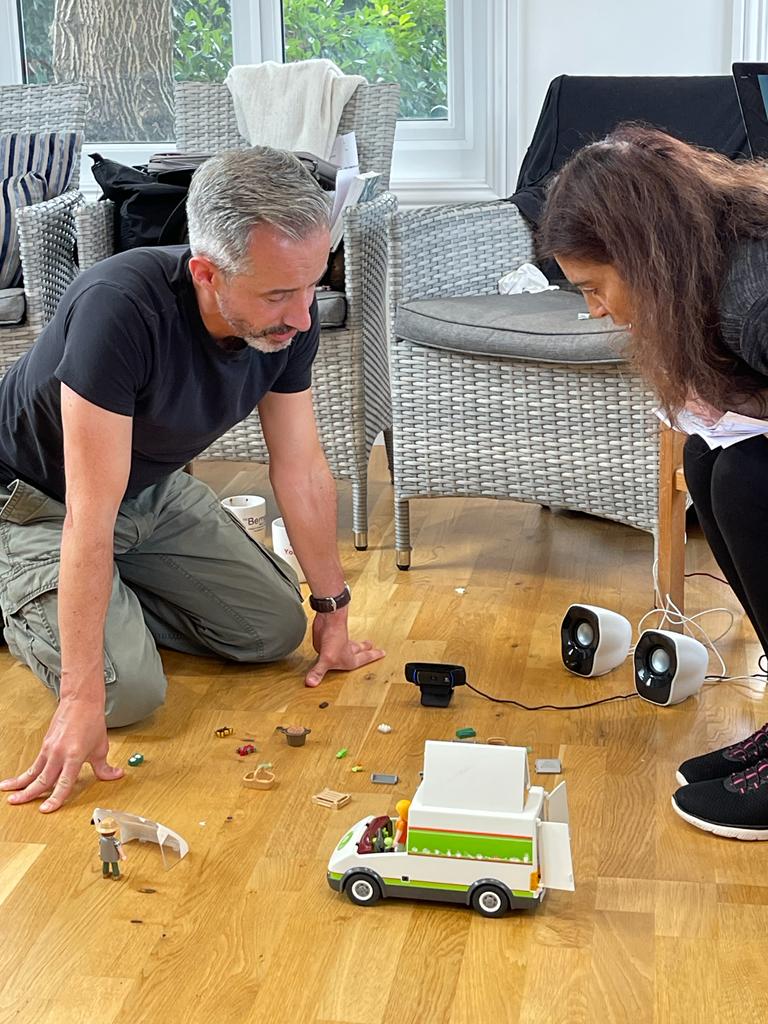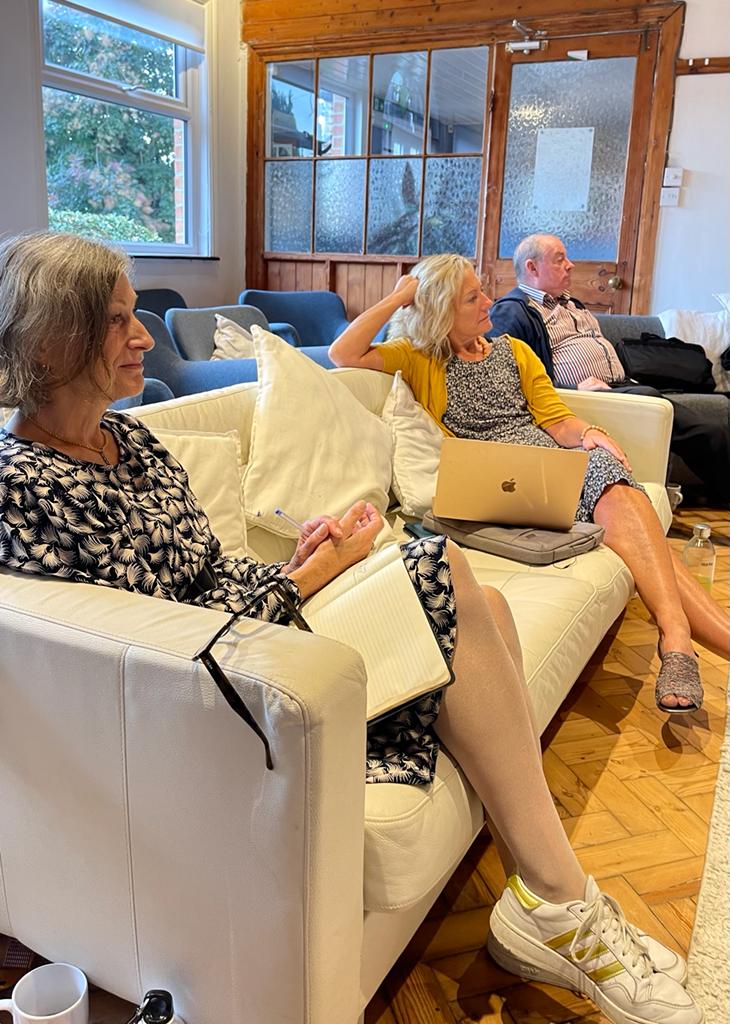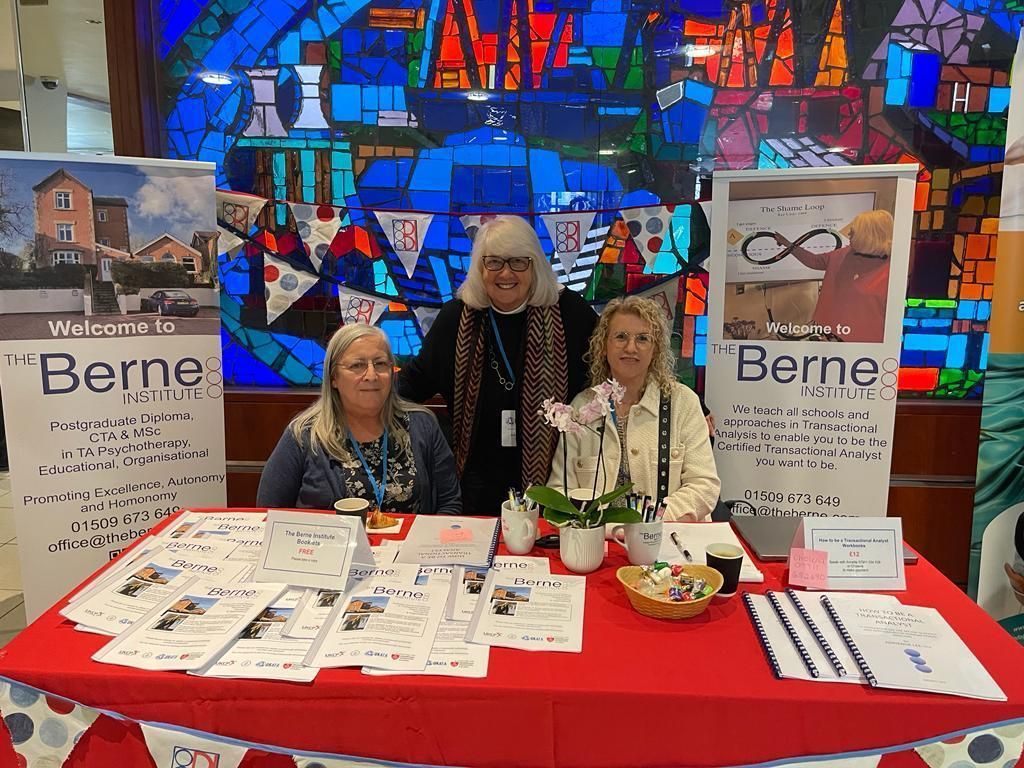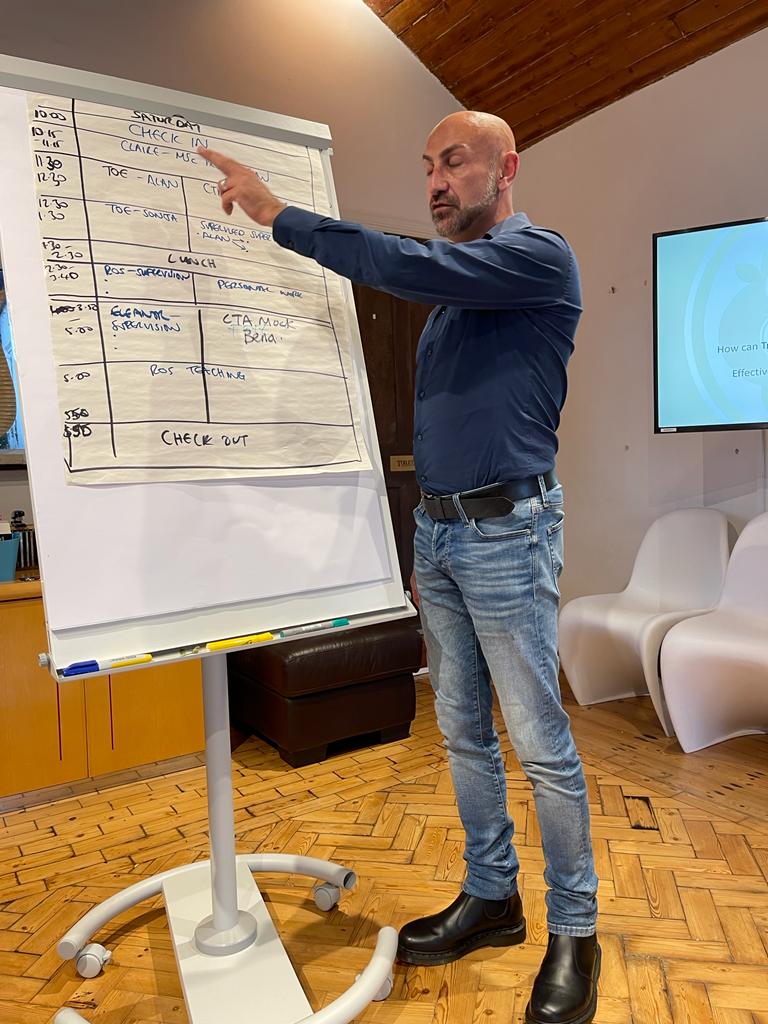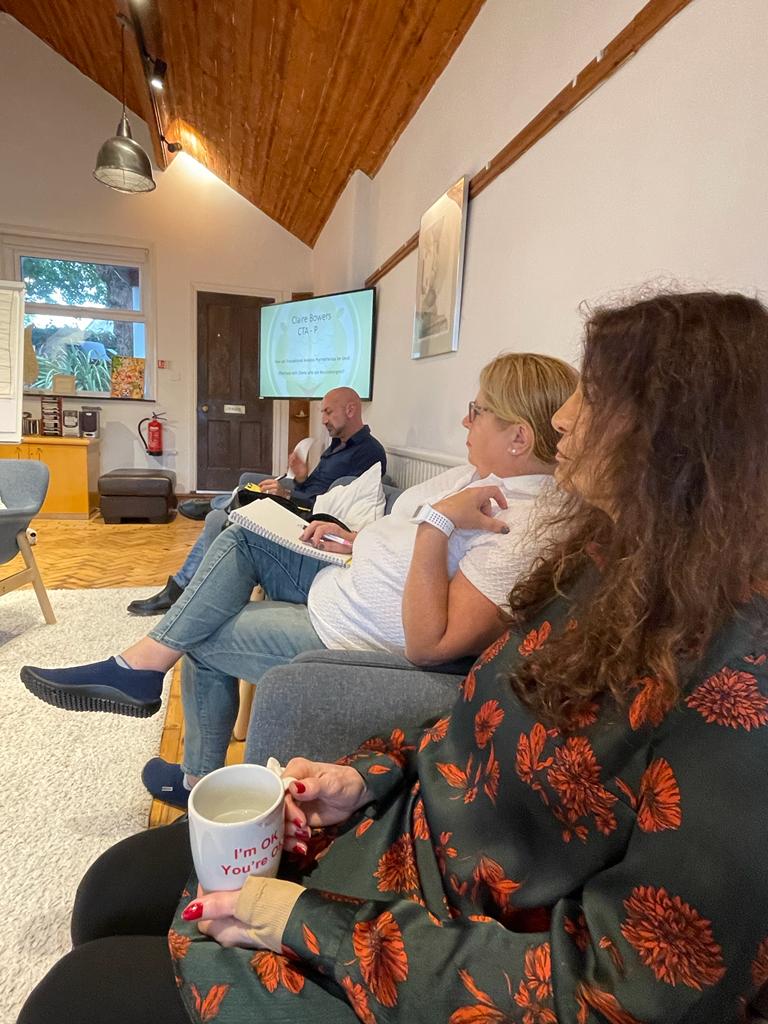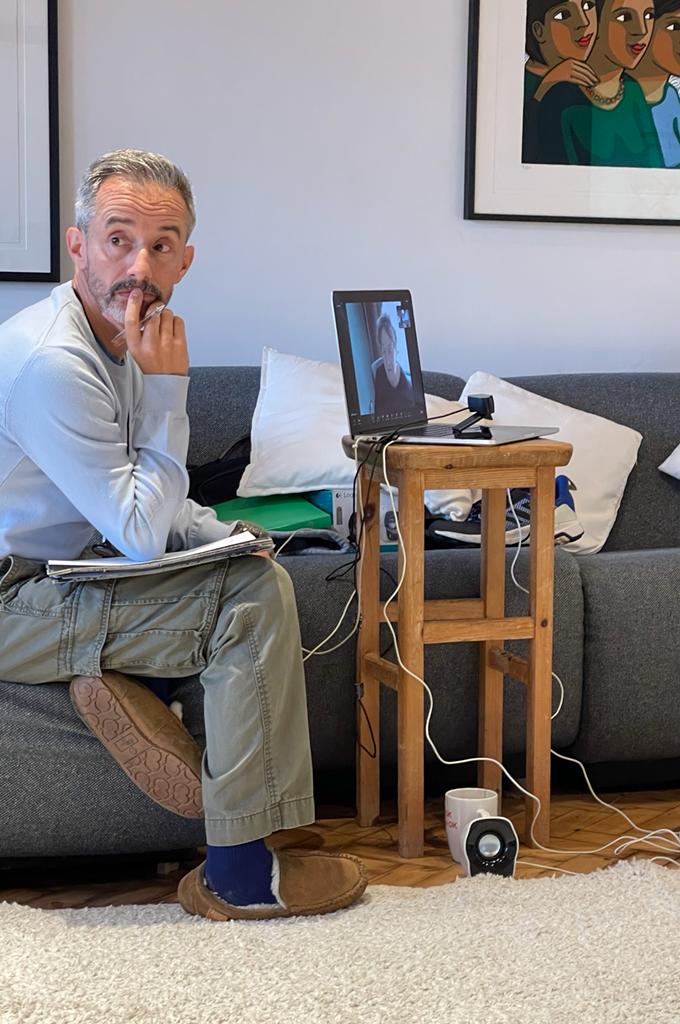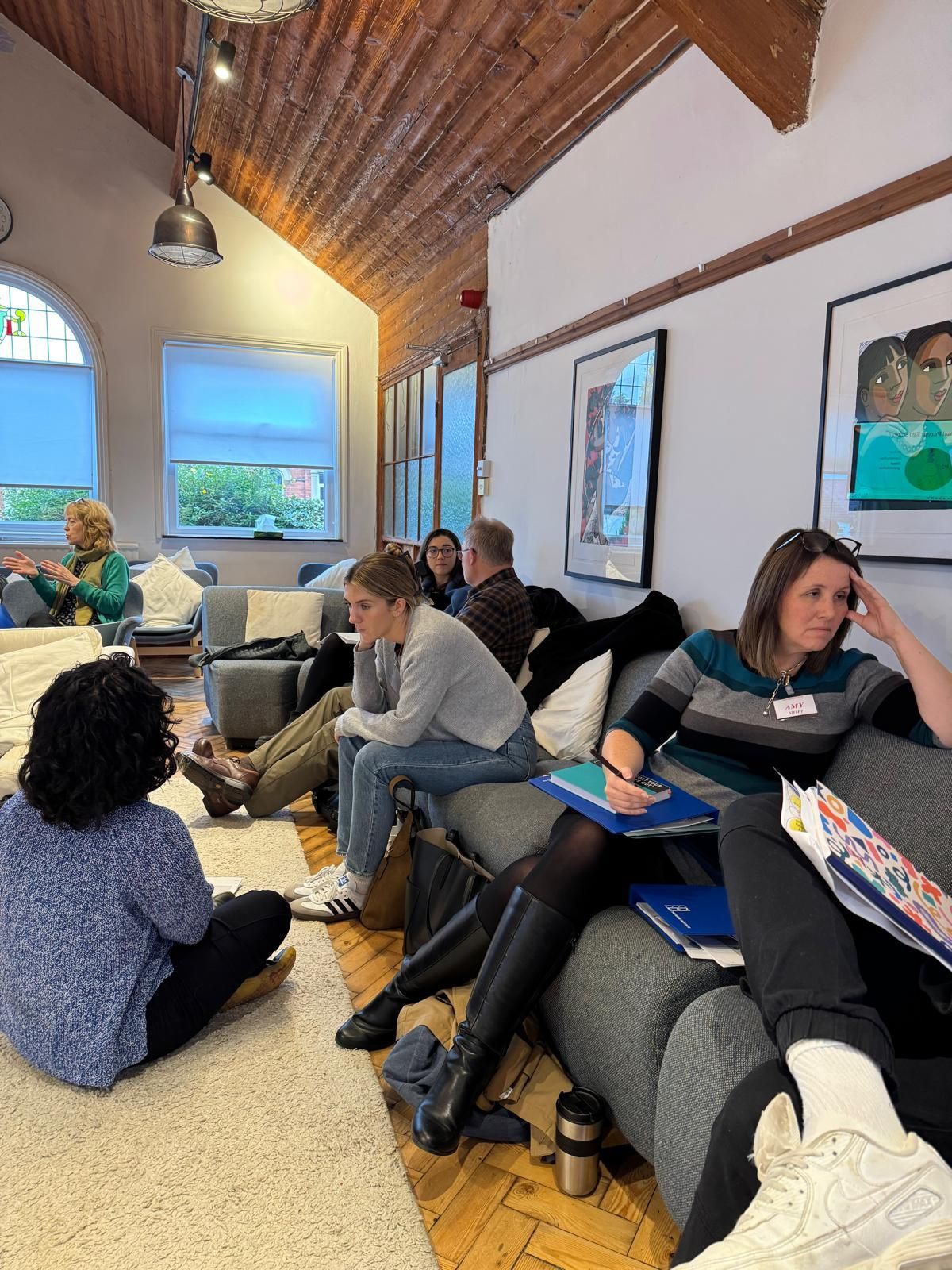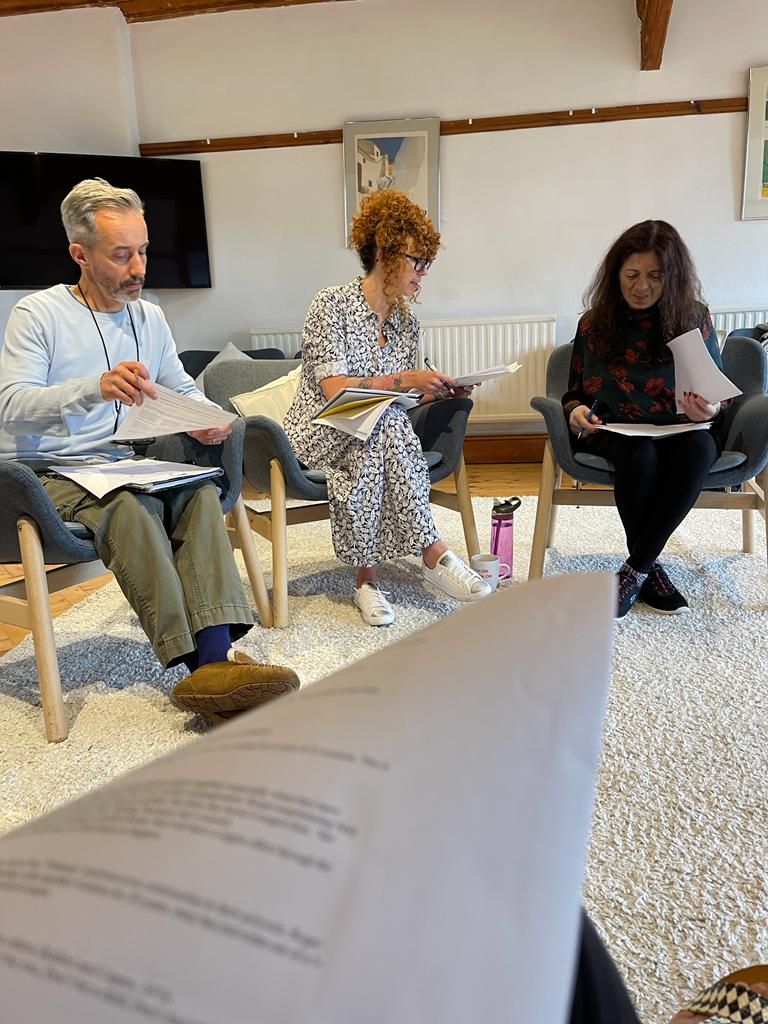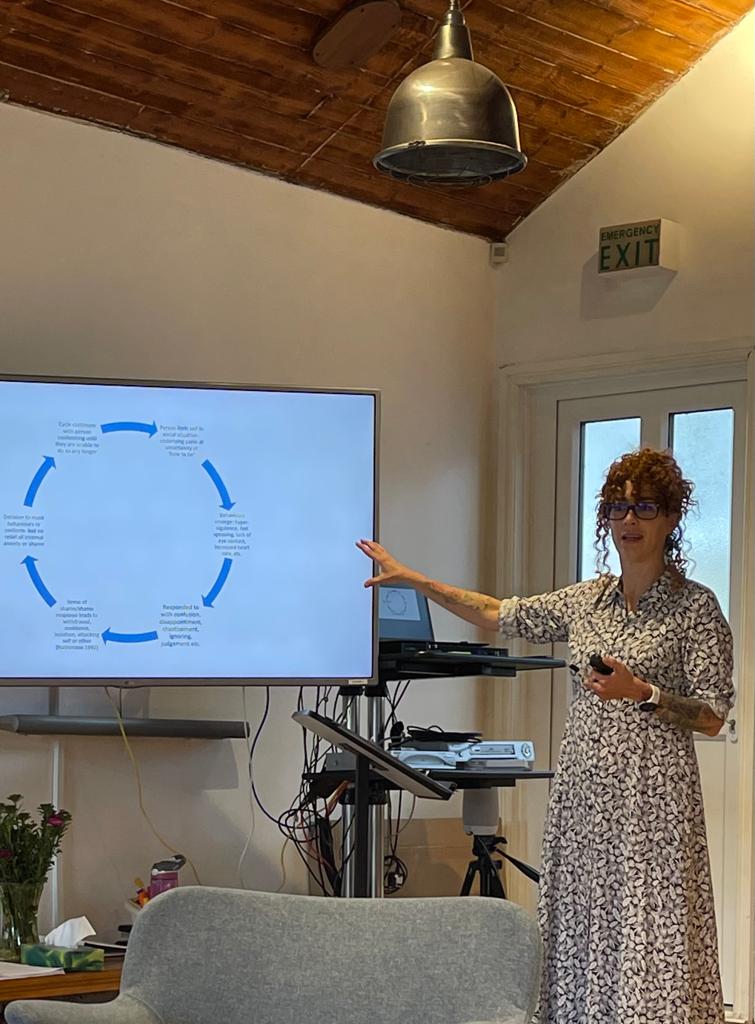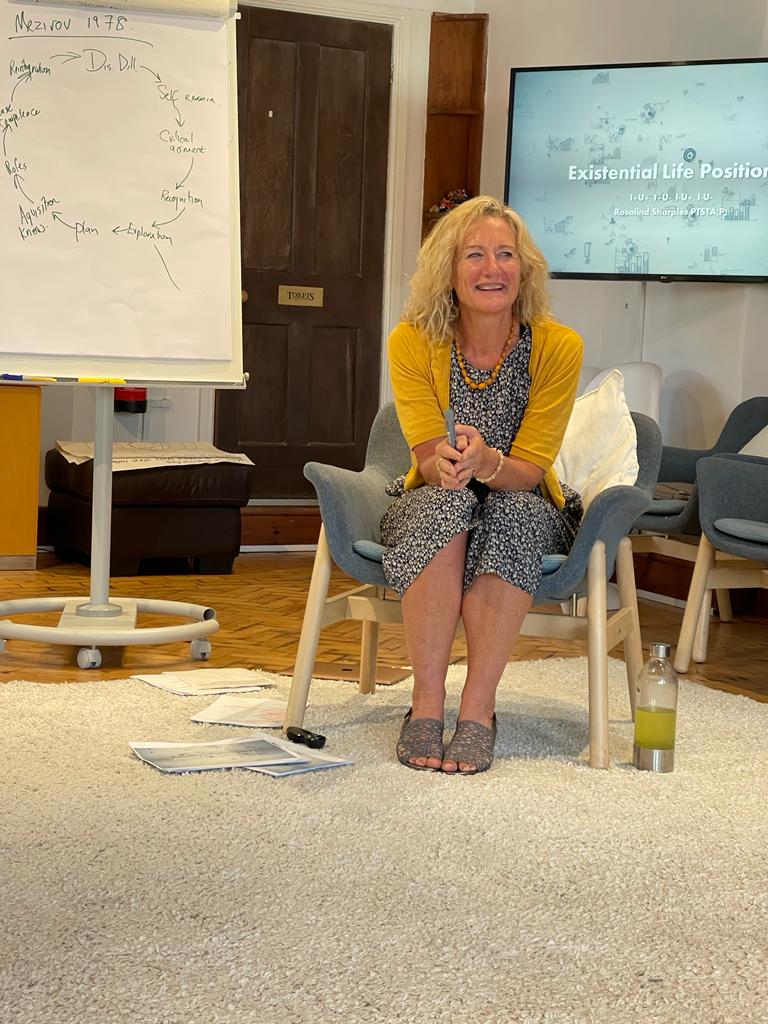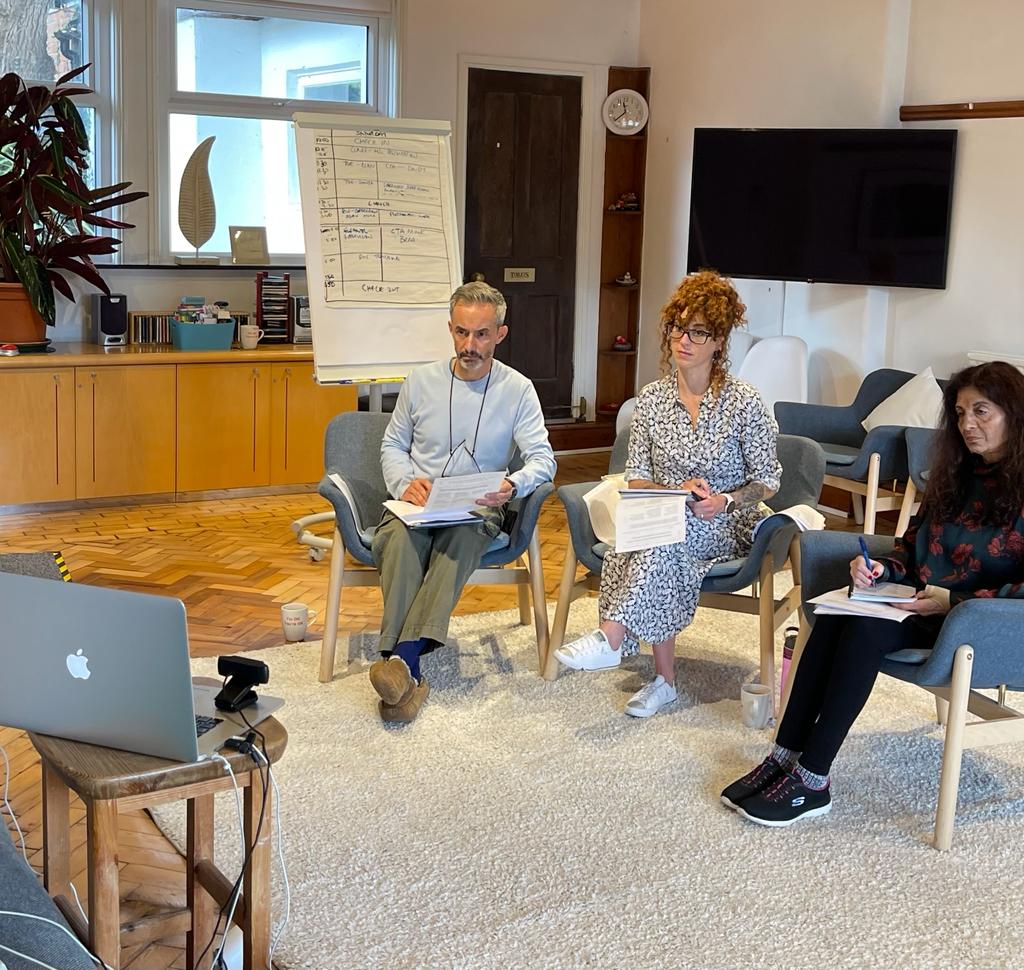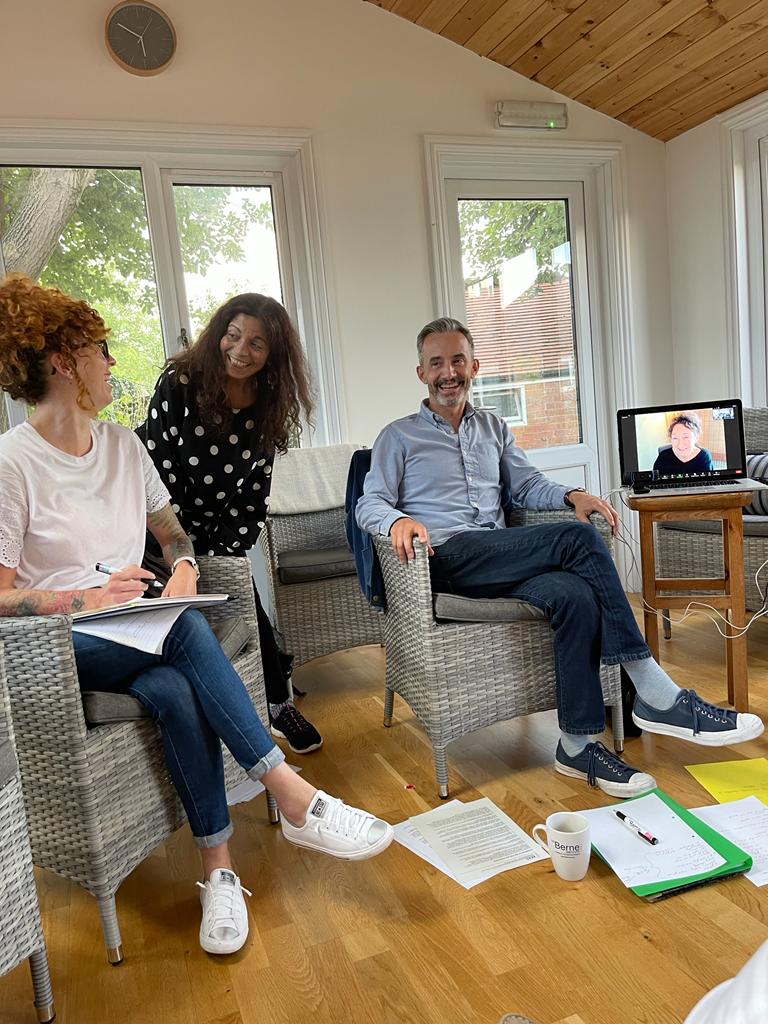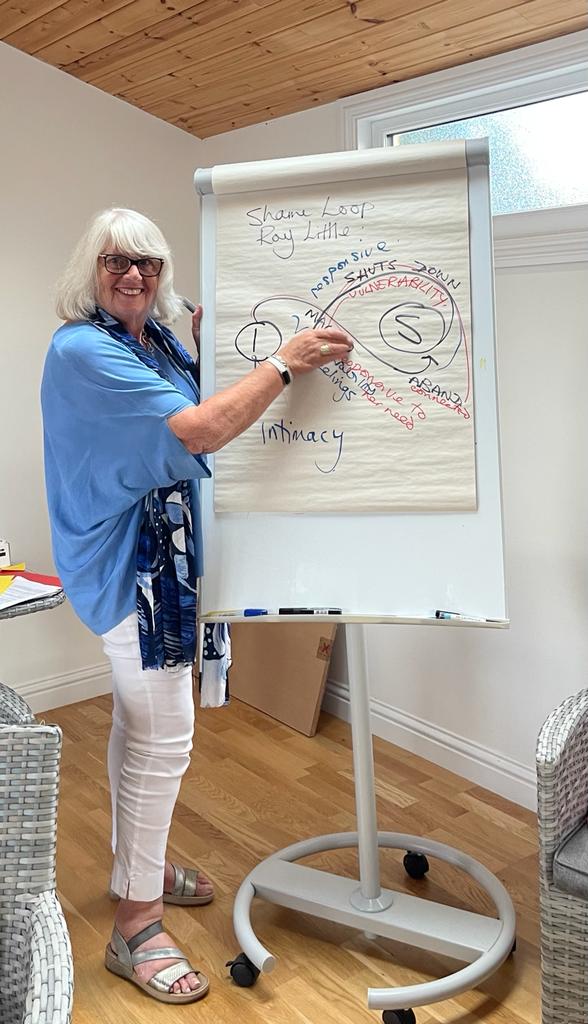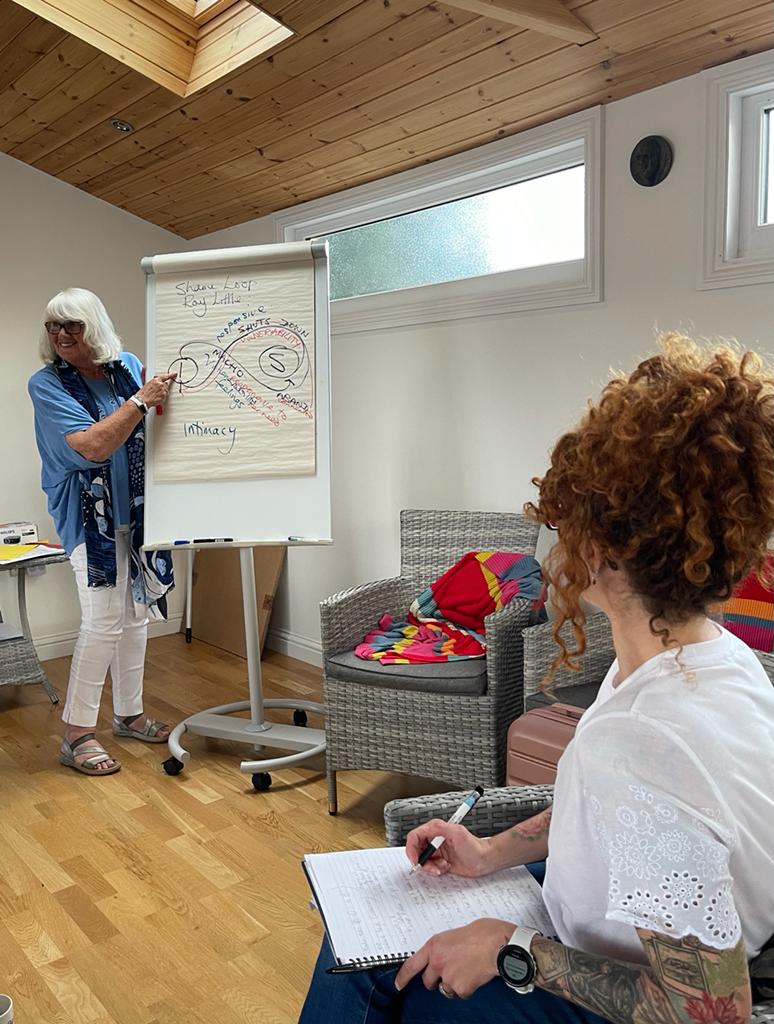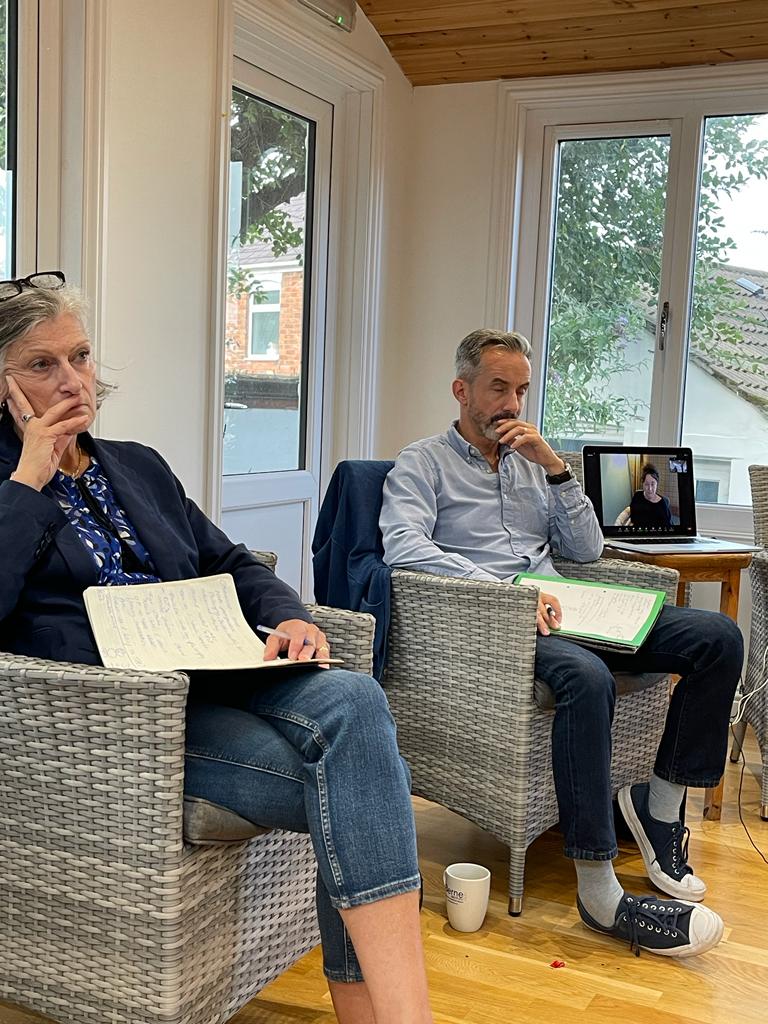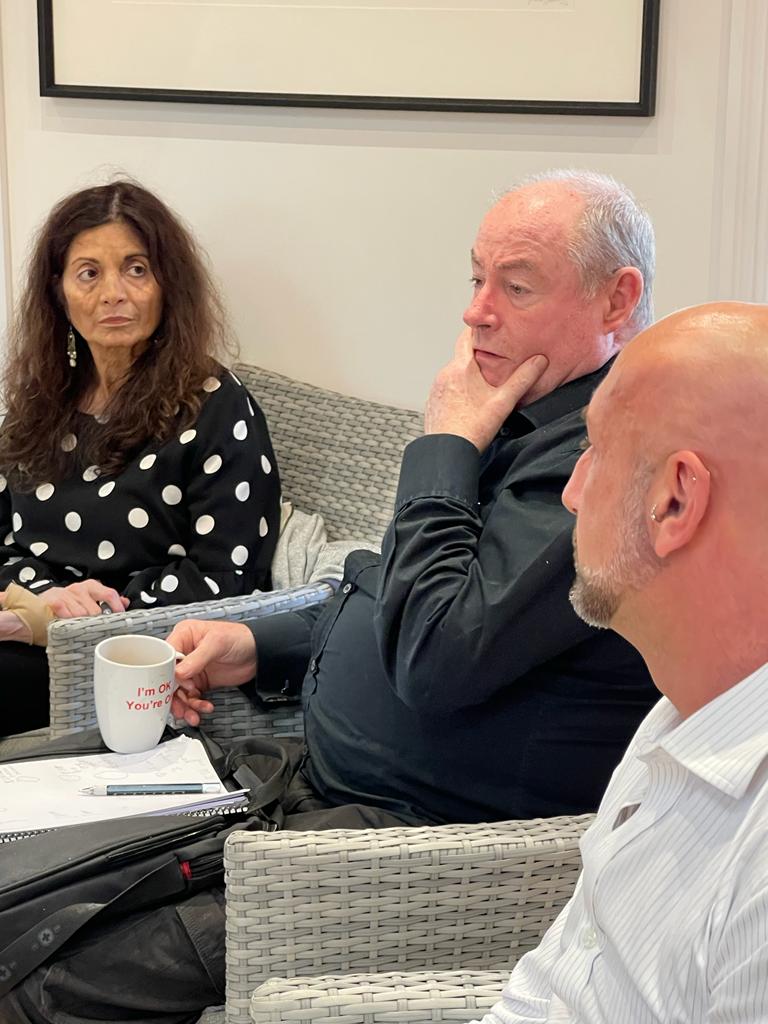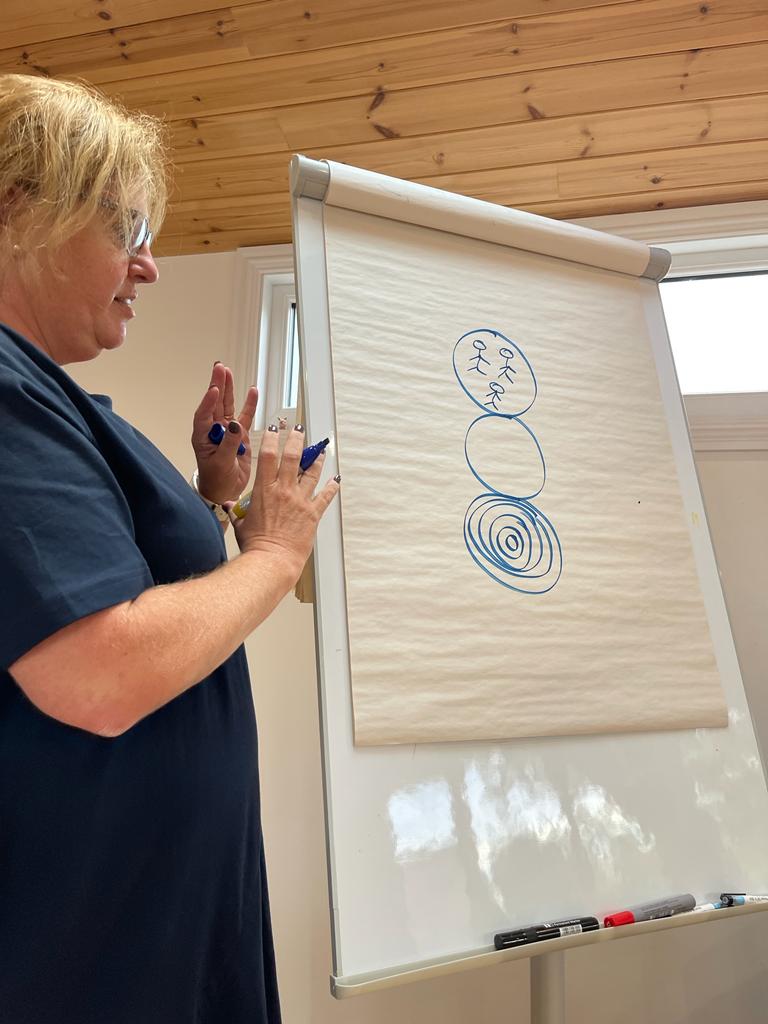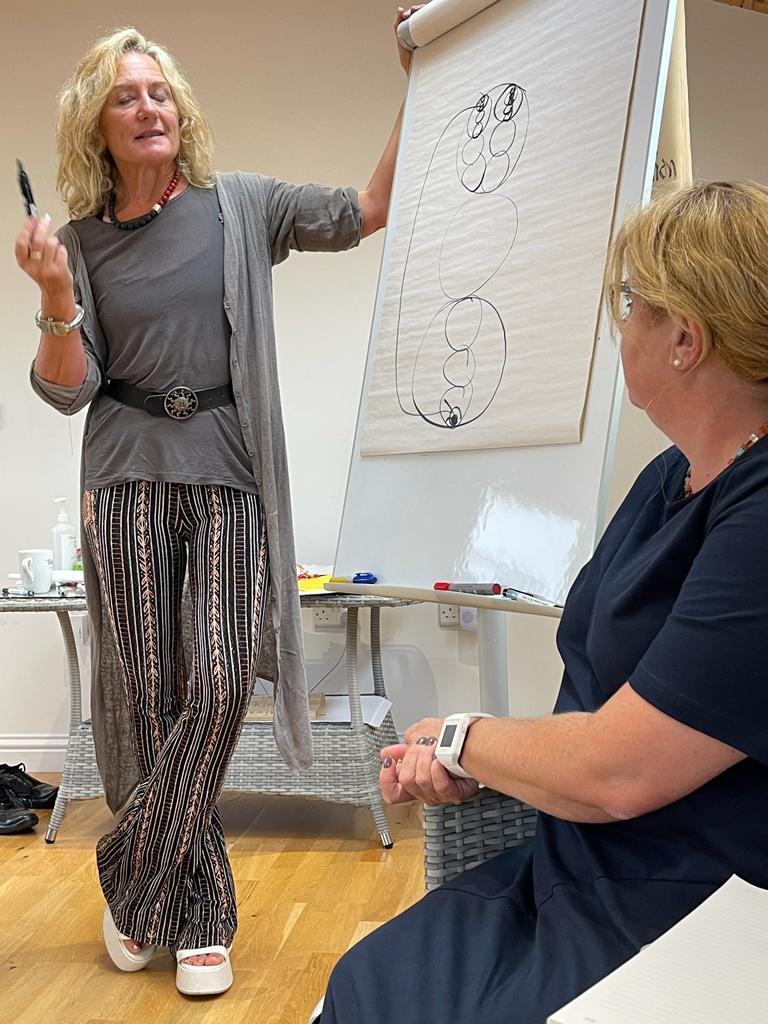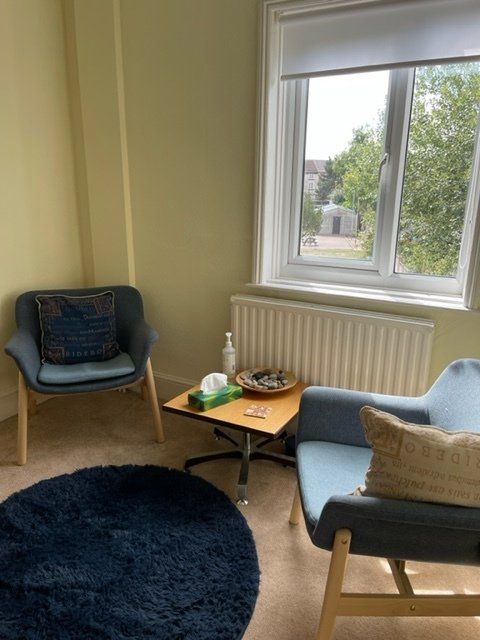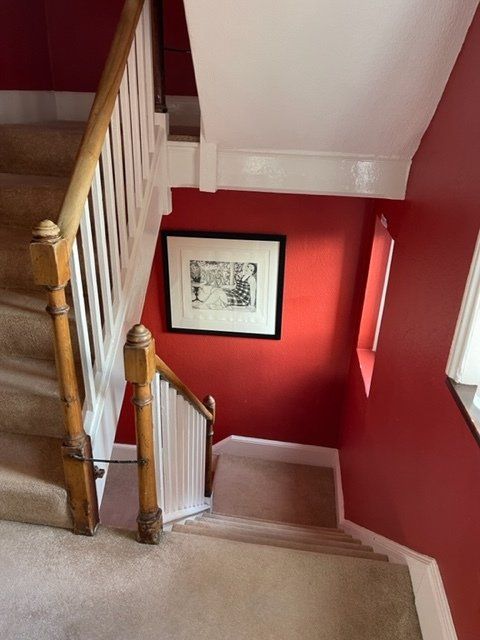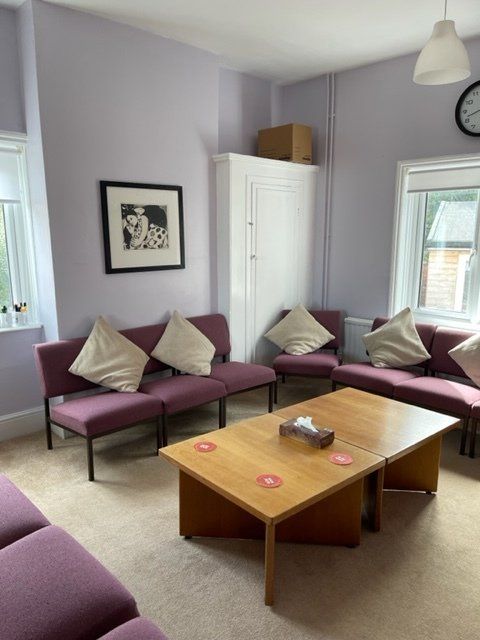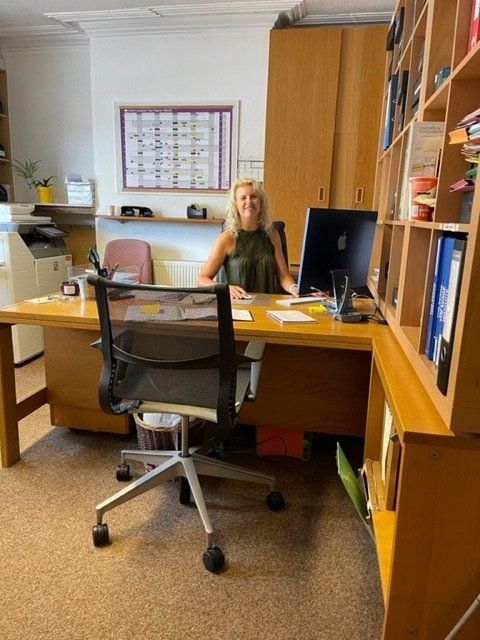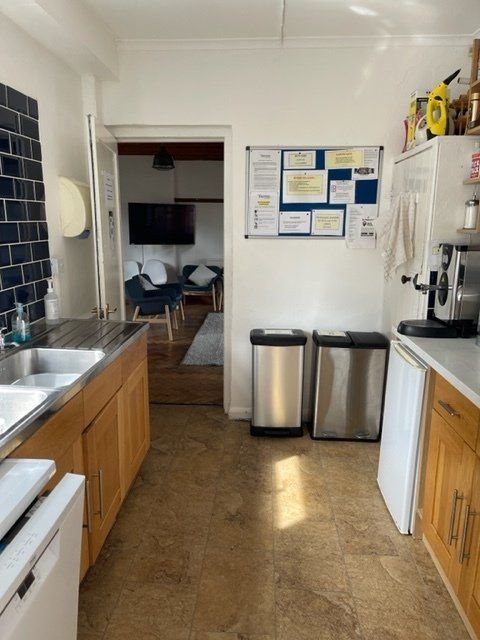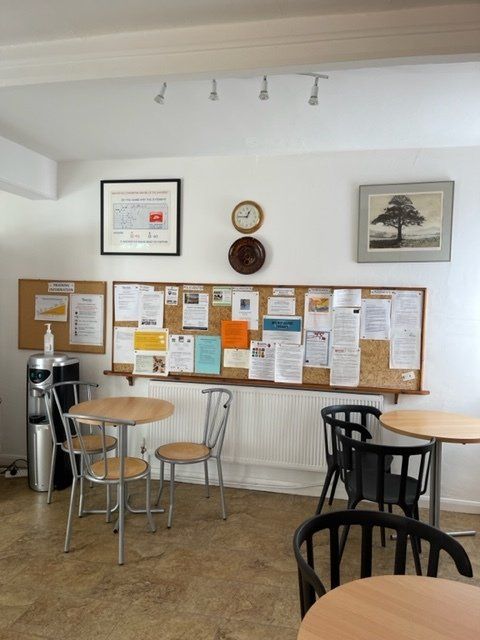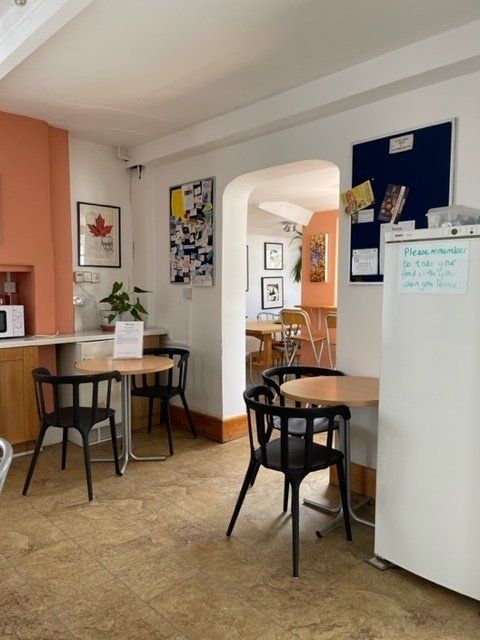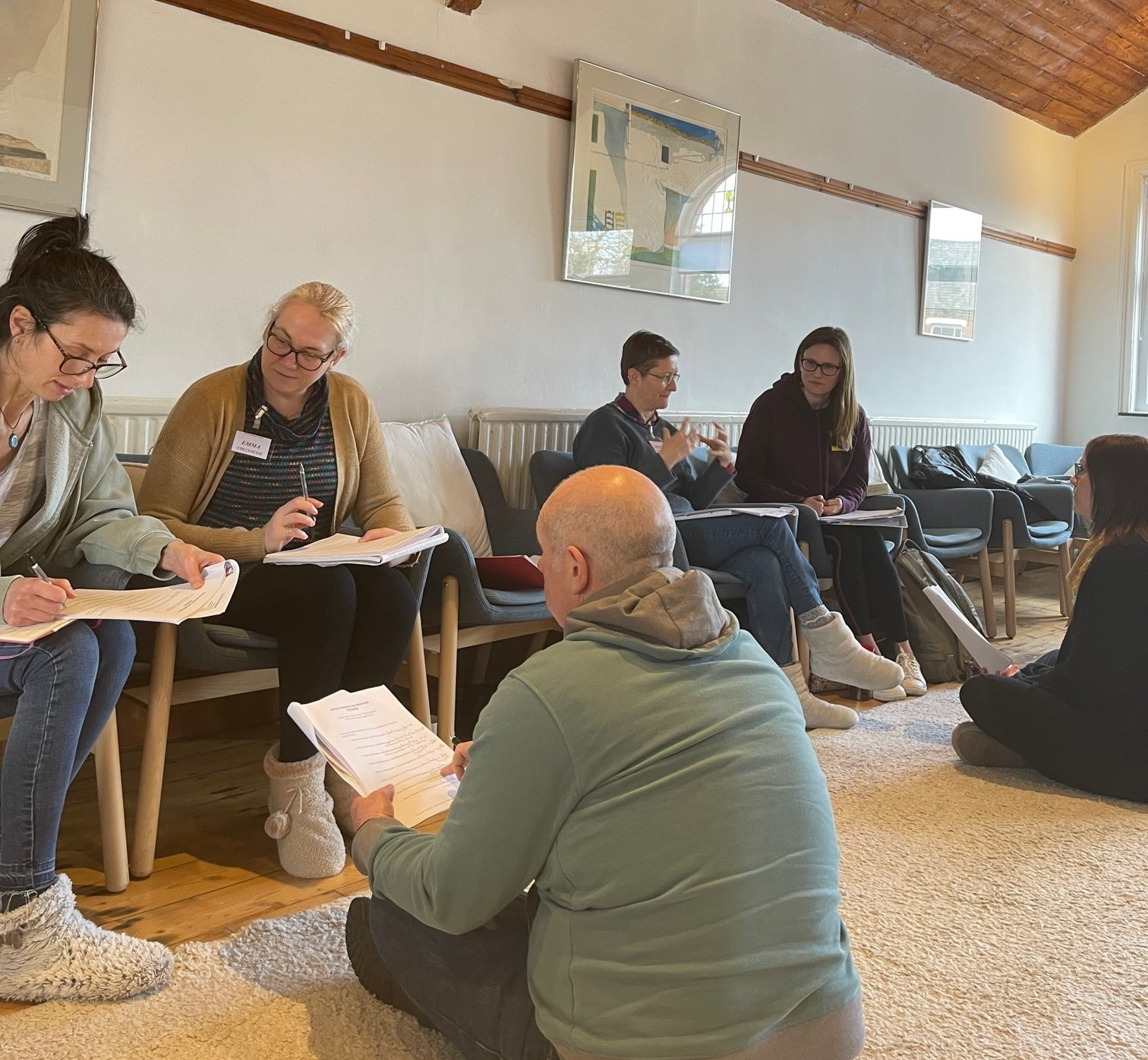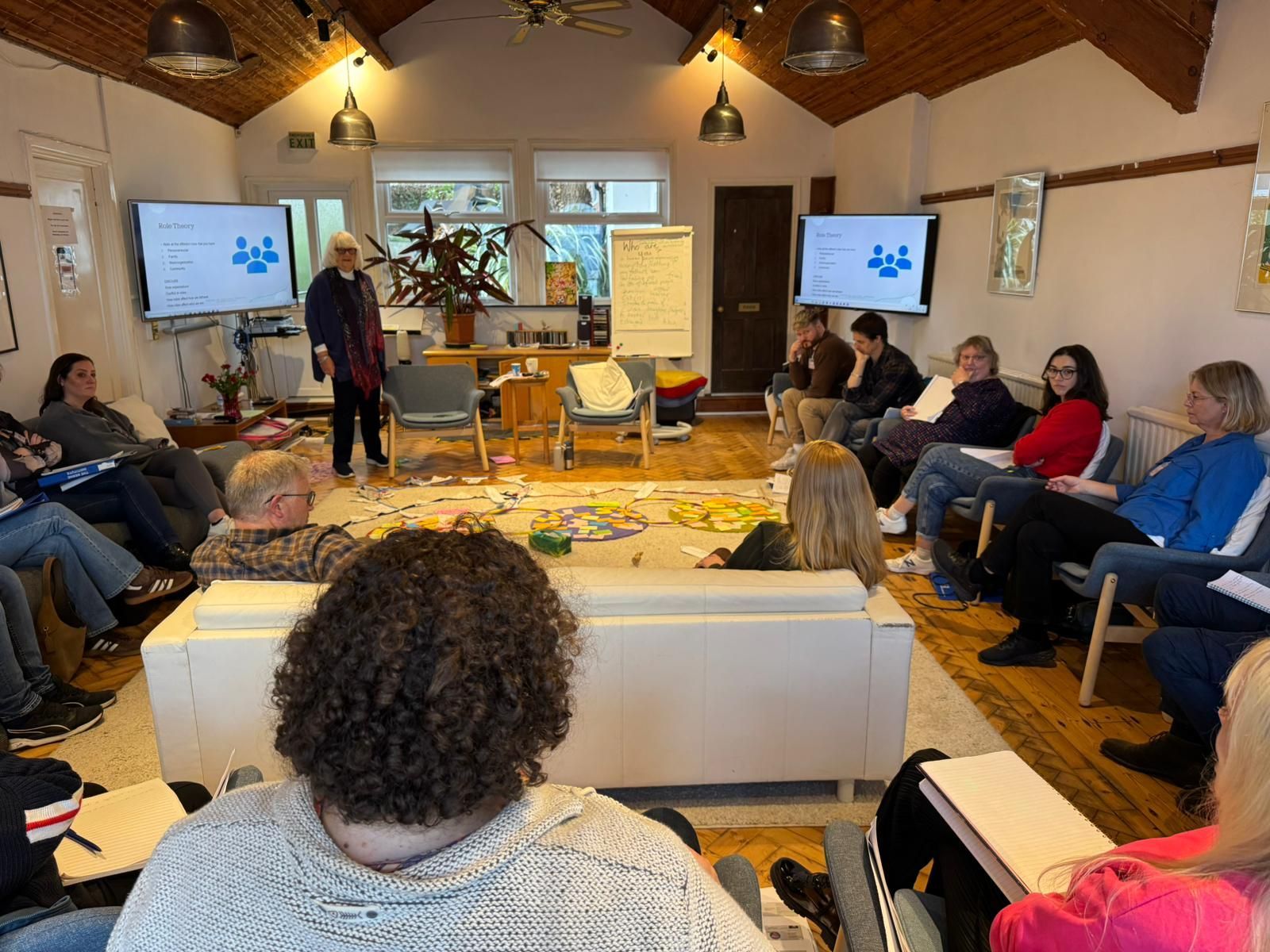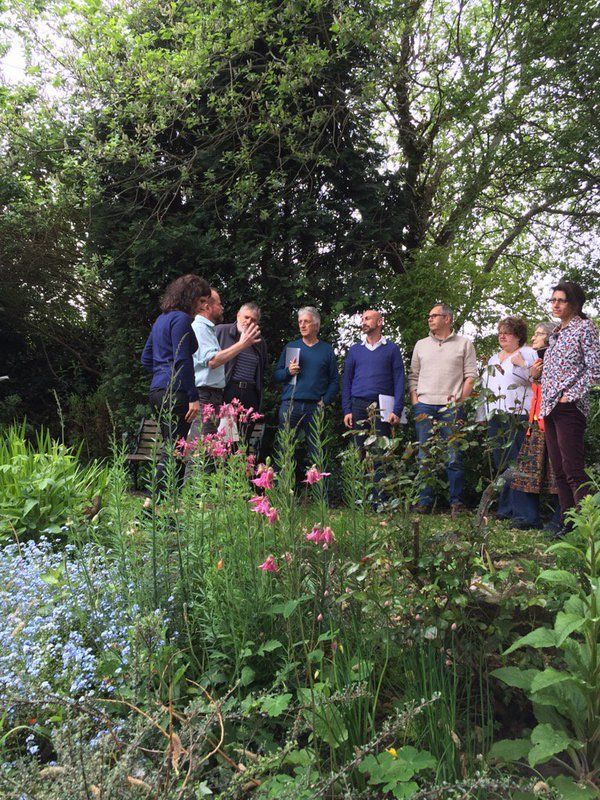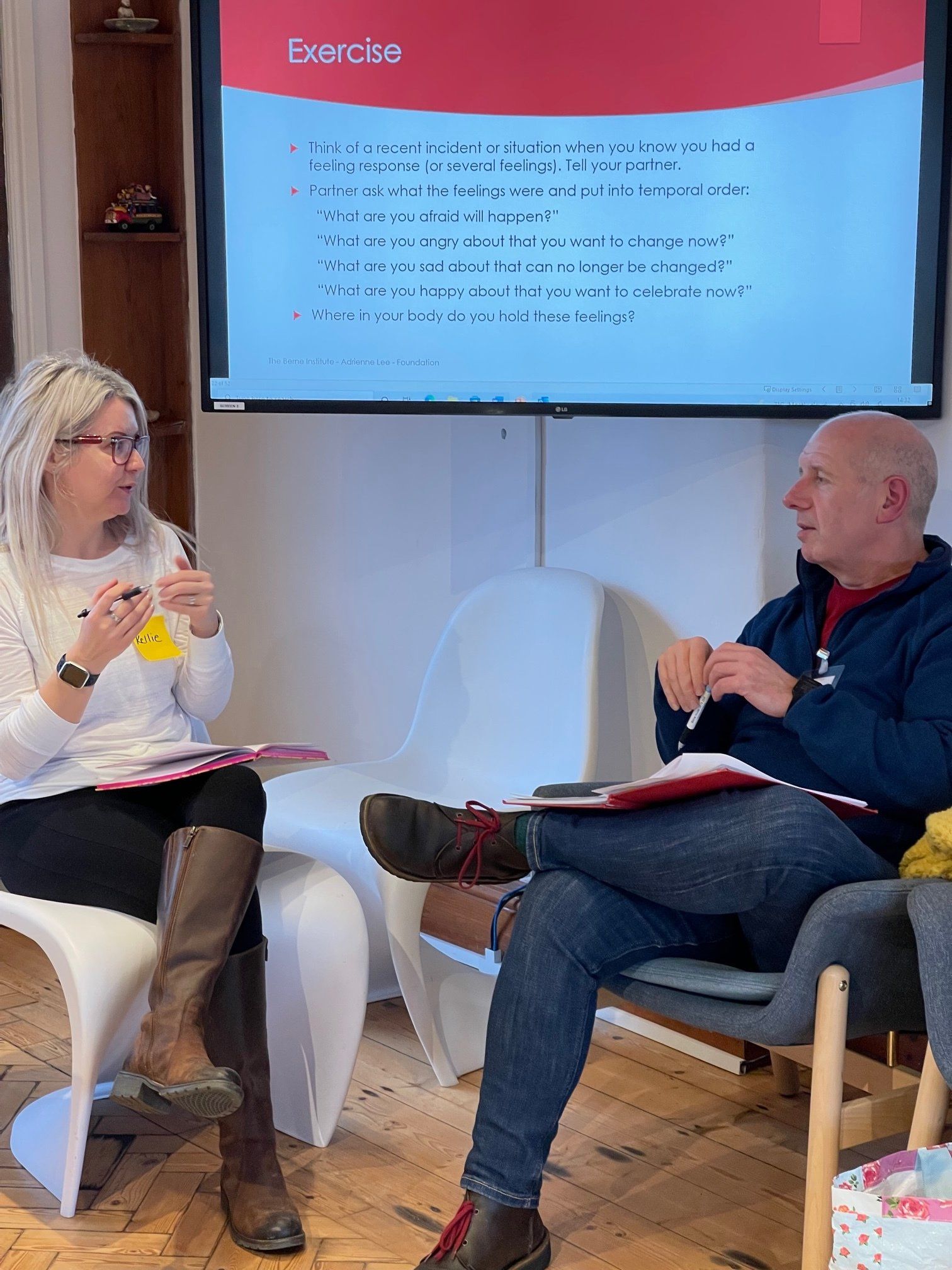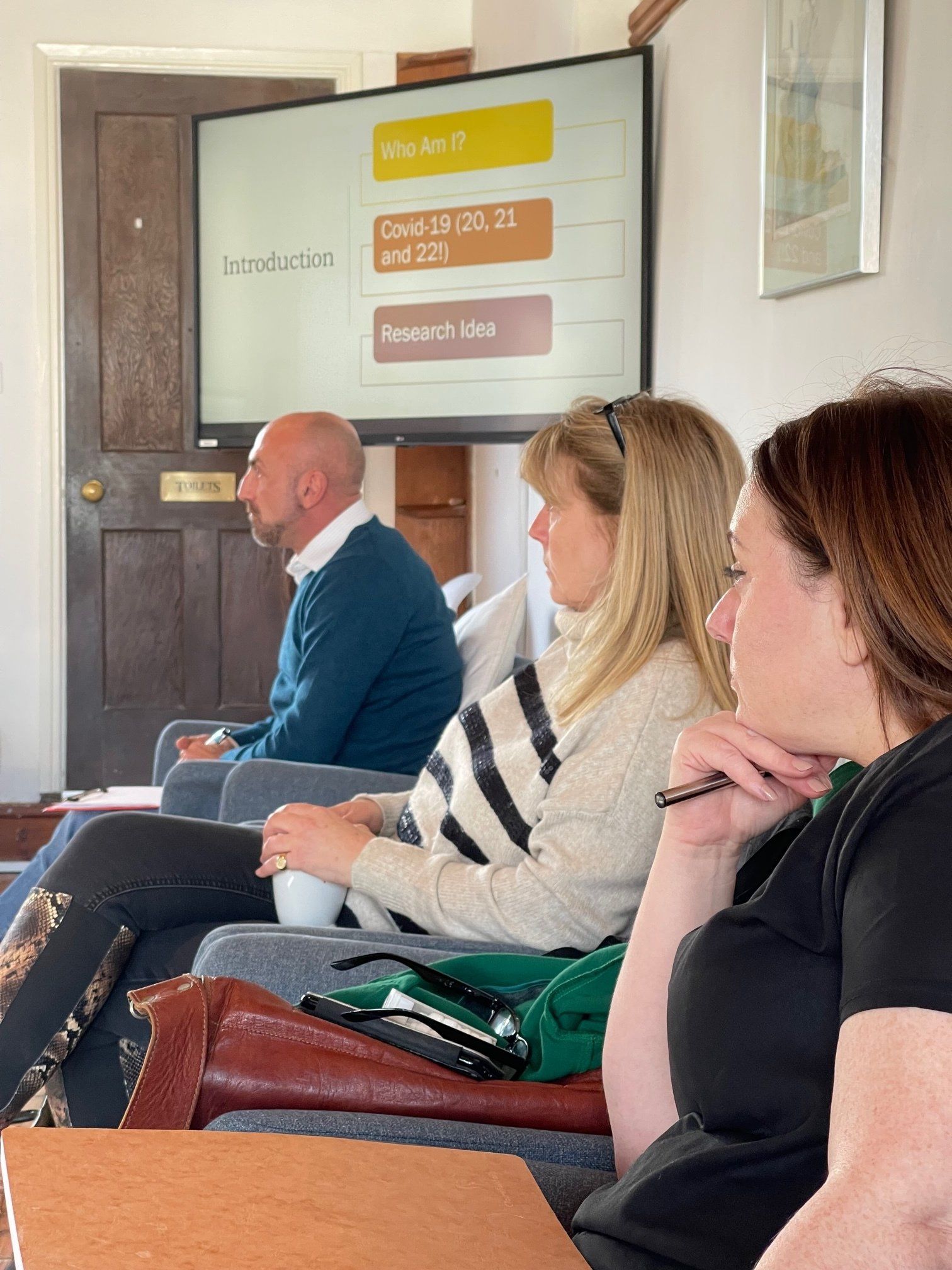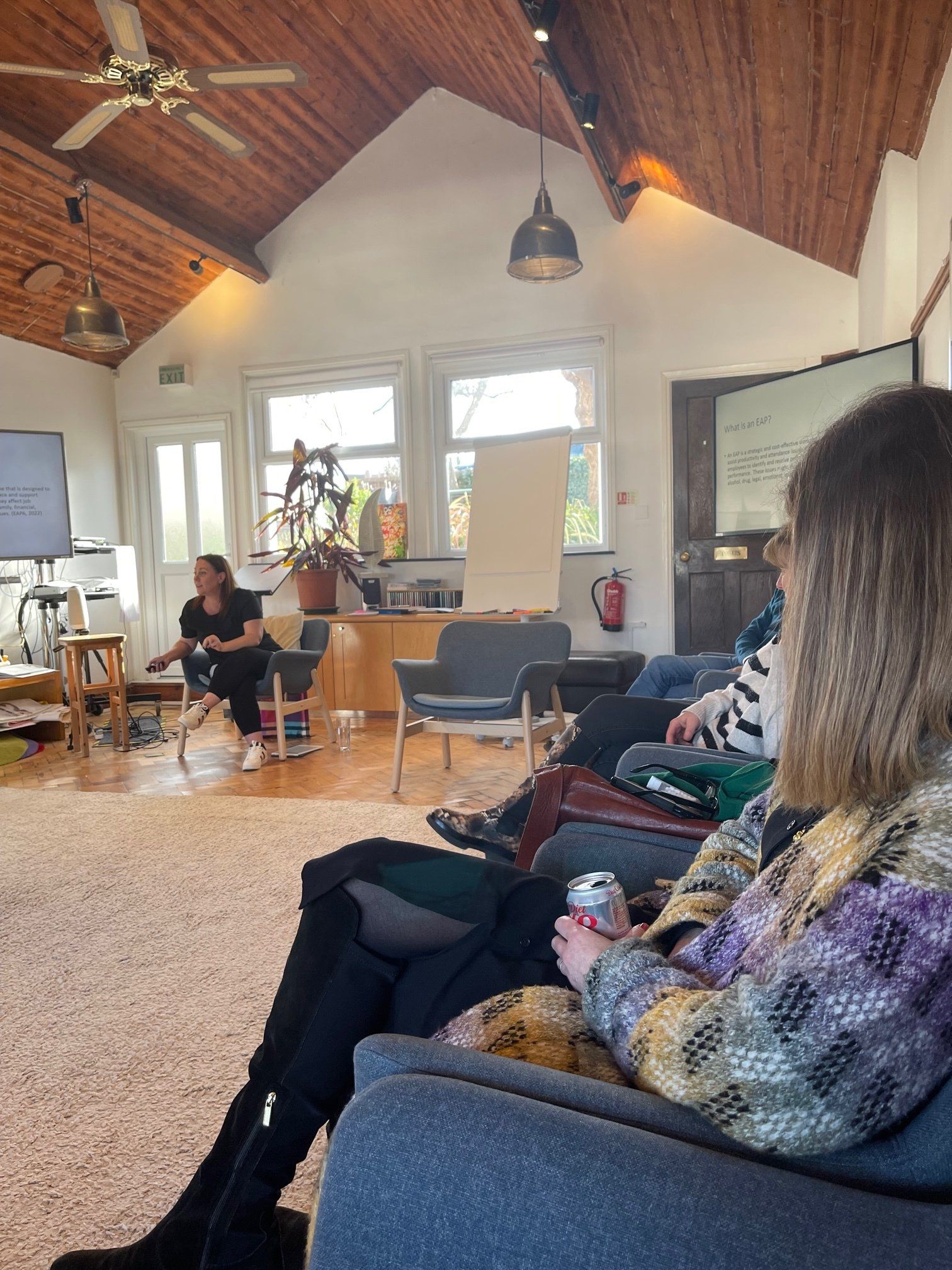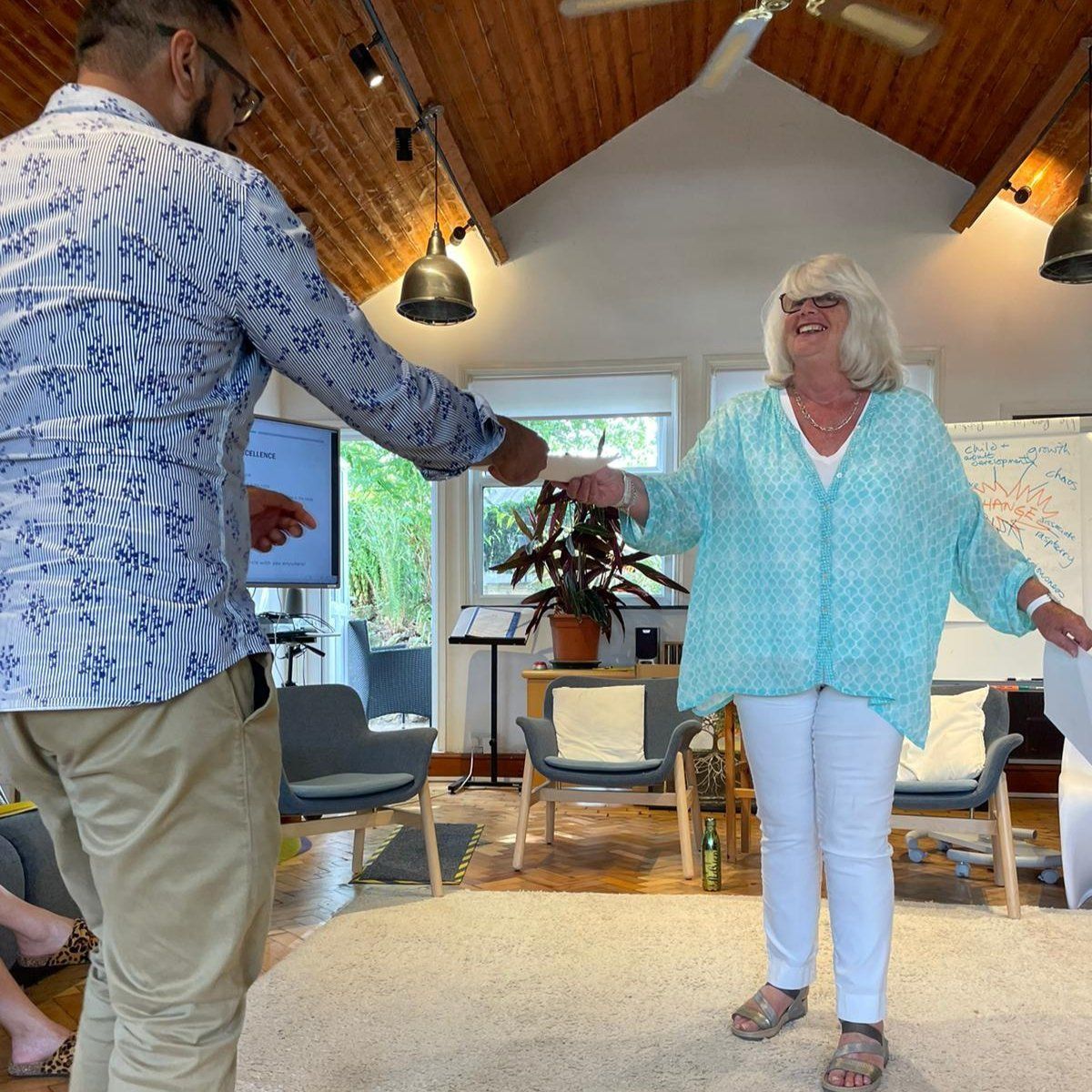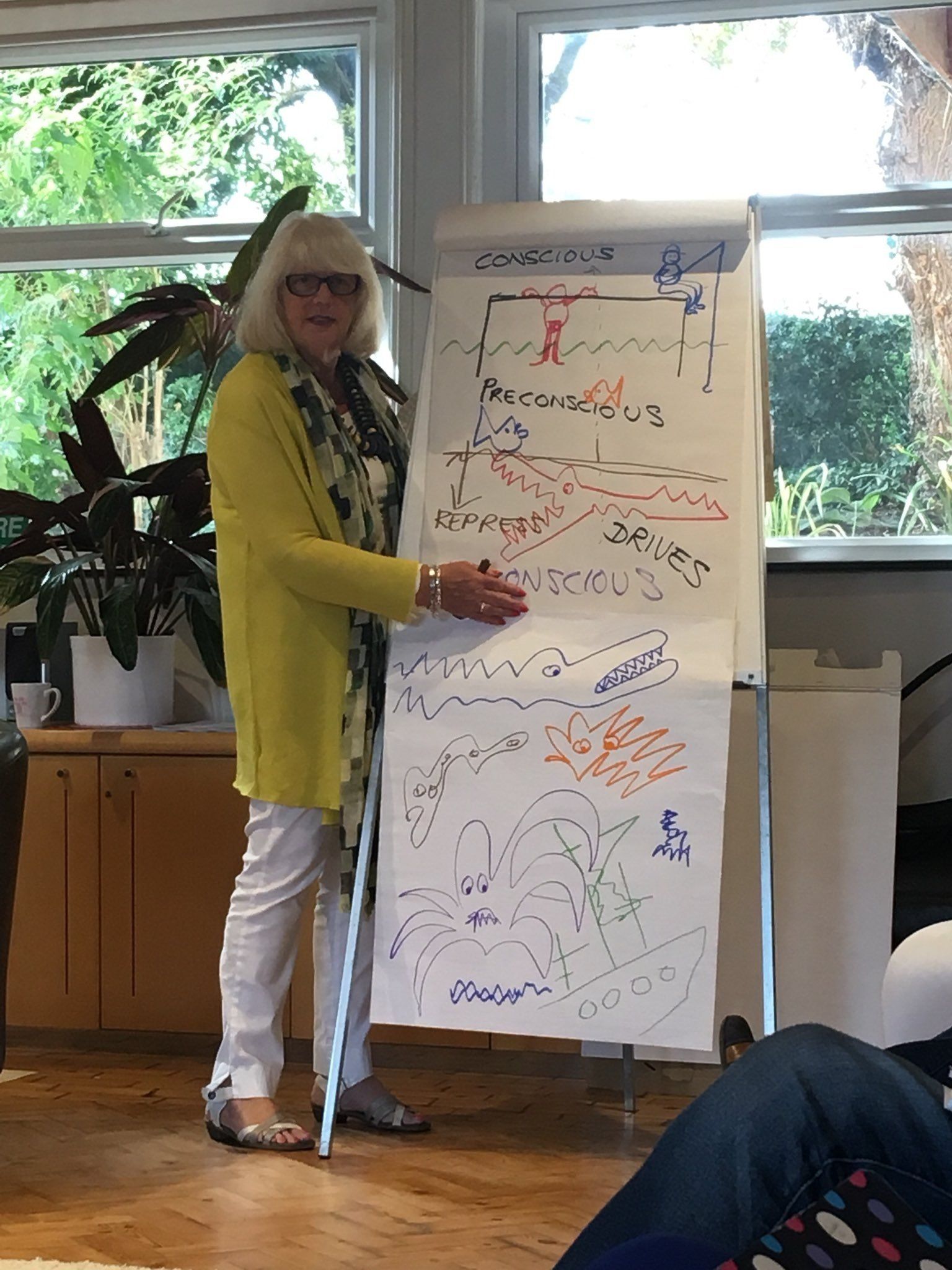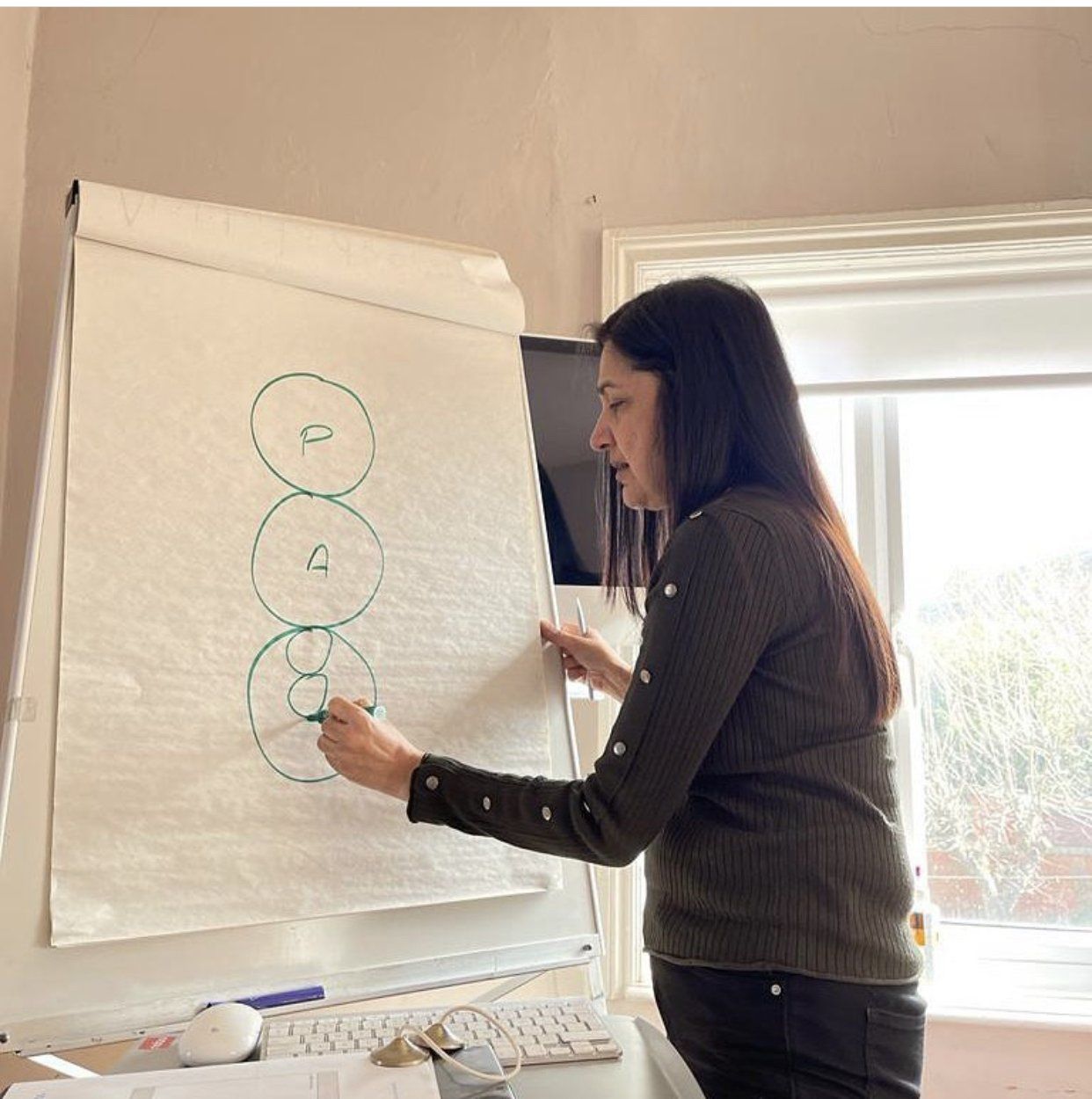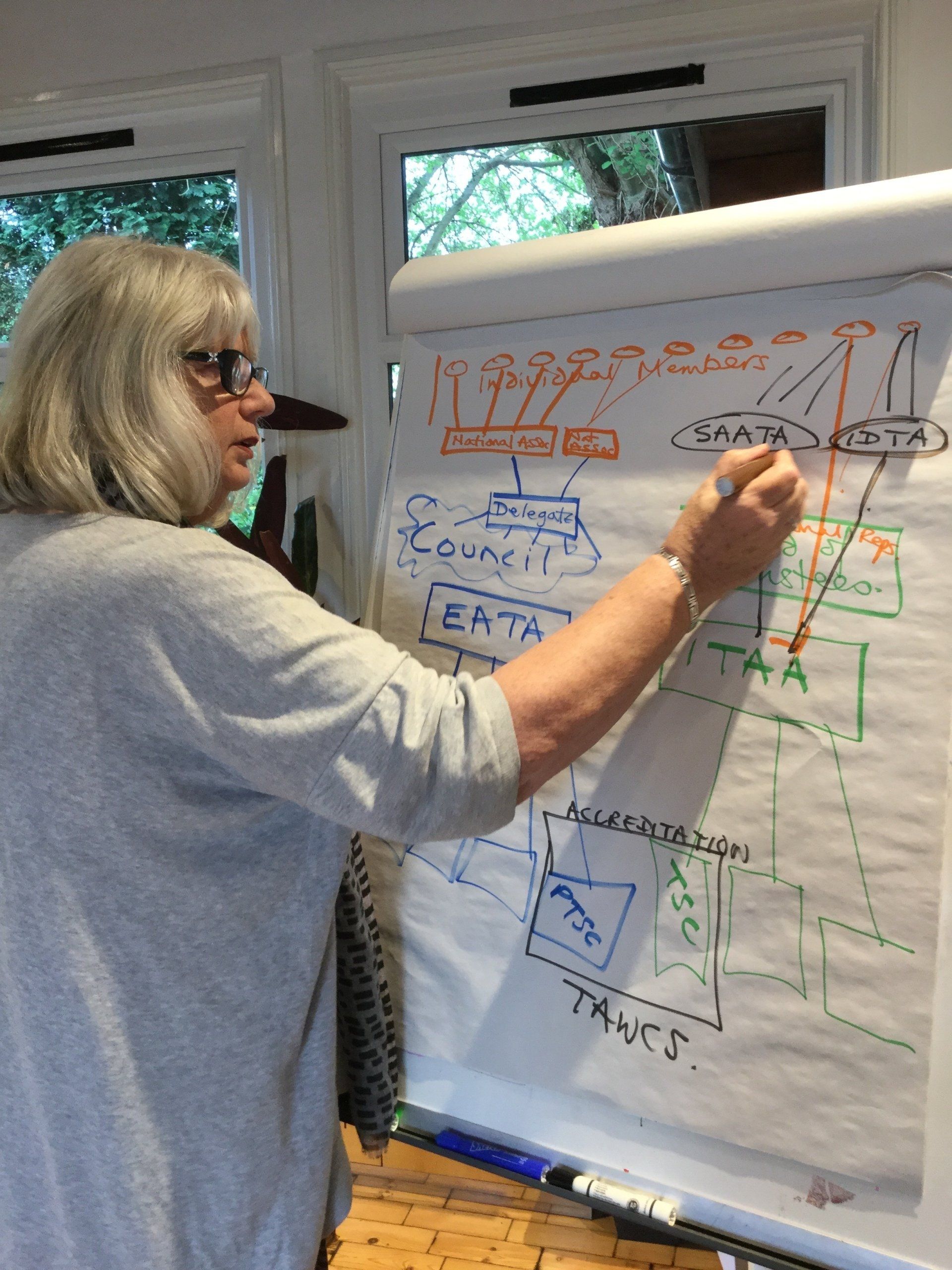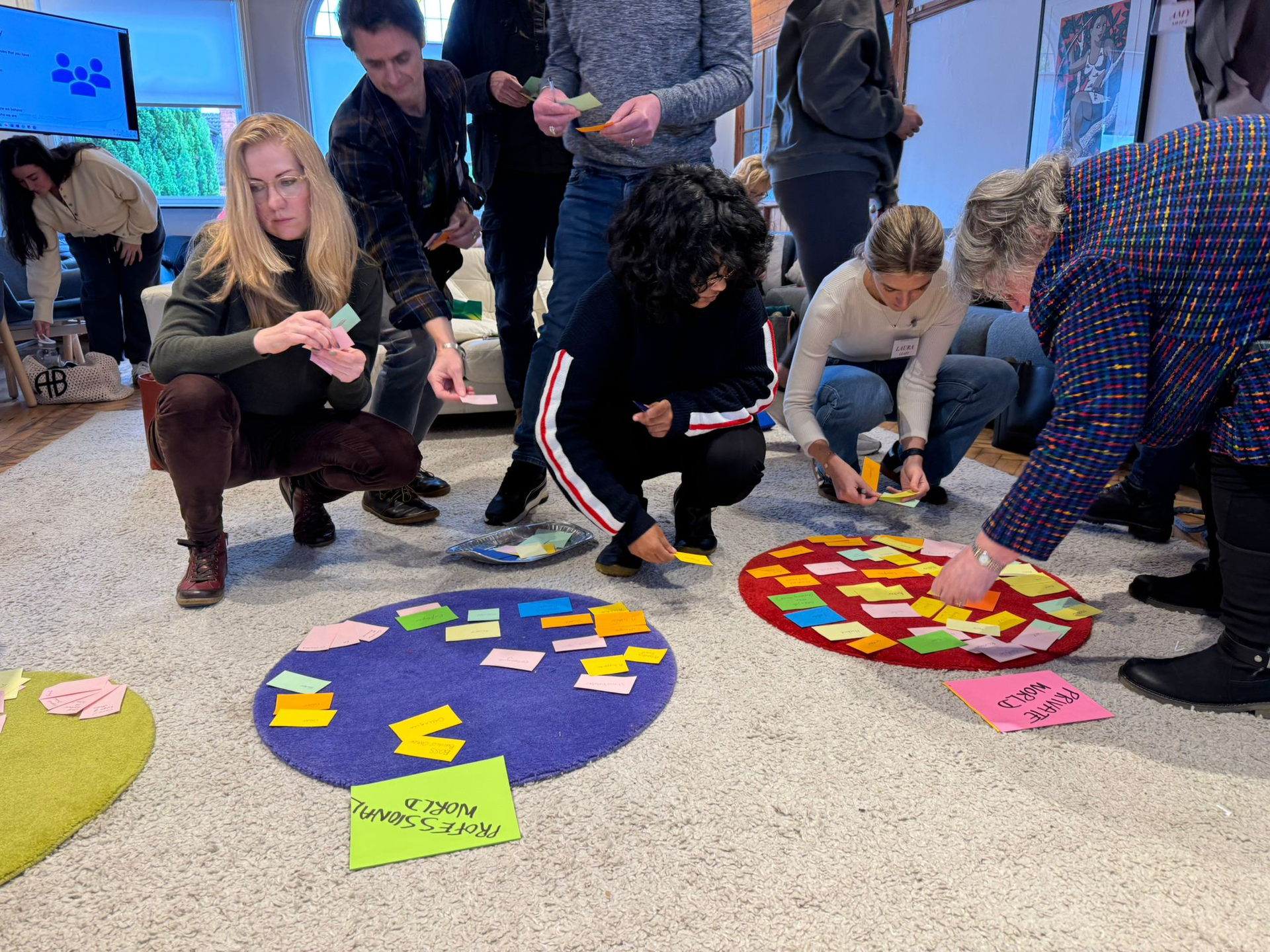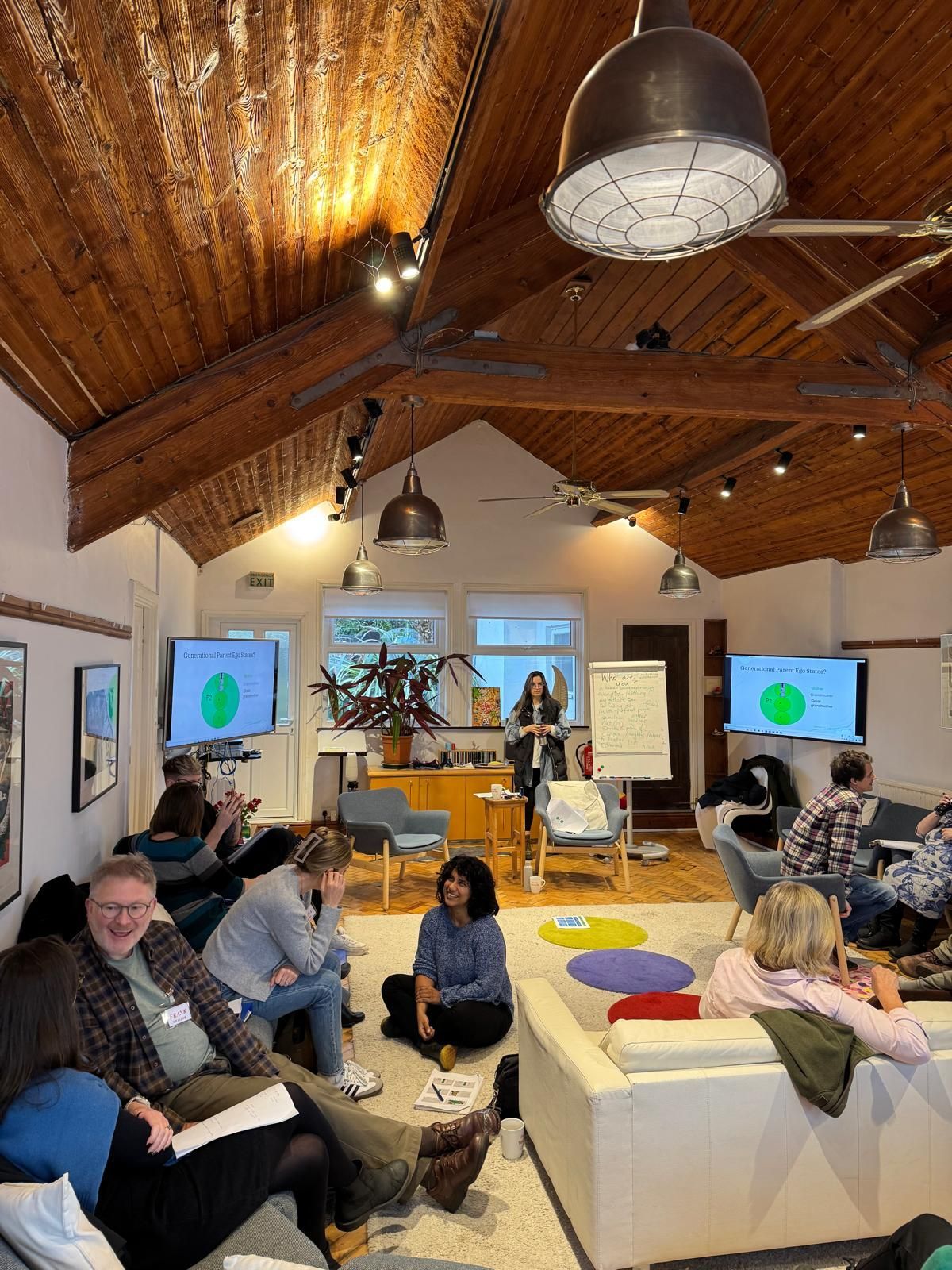Recognition of Prior Learning
About RPL formerly known as APL
Recognition of Prior Learning (RPL) is a process which allows students to gain academic credits from prior learning at a training institute or experience outside of education.
Students who begin their training at The Berne Institute are able to register from Year 3 for the degree of MSc in Transactional Analysis Psychotherapy, awarded by Middlesex University, and they work through the MSc programme in conjunction with their work for the CTA (Psychotherapy) qualification.
Summary
RPL Fees
Fees 2024/25
MSc via RPL and training £7,750 + training fees
MSc via RPL in Exam Group £7,750 + EG fees
MSc via RPL post CTA £8,750 includes PEW
Berne Diploma to PGDip £4,150
Joining from another training institute
£250
Our Core Philosophy
At The Berne Institute we recognise that people come into TA training with widely differing experiences of clinical practice, theoretical knowledge and formal academic learning, and that they differ widely also in their current personal resources and skills. Our courses therefore honour the uniqueness of each individual’s learning and experience and their different learning styles, pace and areas of competence.
The philosophy and practice of Homonomy that respects our mutuality and interconnectedness has been recently integrated into the Berne Institute philosophy. The aim is to expand the focus in our theory and practice from individual change to include a focus on the wider implications of our work on the whole community and our planet.

